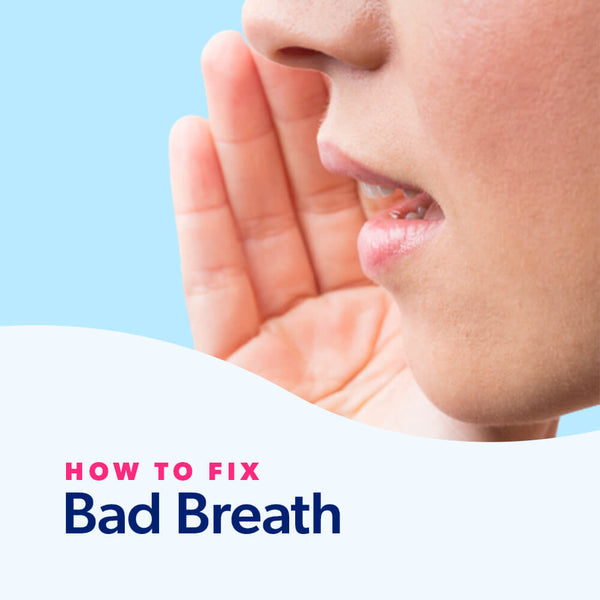
How to Fix Bad Breath
Bad breath is an all-too-common issue that affects almost everyone from time to time. This condition can be temporary or chronic, and it is also referred to as oral malodor or halitosis. Many people experience bad breath in the morning when they first wake up, or after a particularly potent and flavorful meal. Others experience more chronic issues with bad breath.
Either way, bad breath is an annoying and potentially embarrassing condition to have to deal with. Thankfully, there are many ways to successfully deal with temporary or chronic bad breath. Let's take a closer look at what causes bad breath and what you can do to fix it.

Why Bad Breath Is a Problem
For some people — especially those dealing with chronic bad breath — bad breath can be a sign of a bigger problem. Some people are so fearful or aware of their own breath that they worry they have bad breath when it isn't that noticeable. Others may not notice their breath until someone points it out, perhaps offering a breath mint.
In any case, finding out that you have bad breath can be embarrassing. And for those who deal with bad breath more frequently or chronically, it can affect their confidence, self-esteem, social interactions and even happiness and overall quality of life. Someone who is afraid of their bad breath being noticed may avoid social situations or hold themselves back from socializing and career opportunities.
Bad breath can also sometimes be a warning sign of a more serious health condition. Tooth decay is one of the most common and obvious causes, but there are other health issues that can cause bad breath too, like tonsillitis, sinusitis or bronchitis. Certain gastrointestinal disorders, kidney and liver disease, as well as diabetes, can also be the culprit for bad breath. In most of these cases, other symptoms will also be present, so it's important to see a doctor if you have any additional symptoms.
![What causes bad breath? [list]](https://cdn.shopify.com/s/files/1/0662/0303/files/03-What-causes-bad-breath-pinterest.jpg?v=1621013105)
What Causes Bad Breath?
For a vast majority of people dealing with bad breath, the causes are easy to pinpoint and there are many solutions to treat the issue. The first step in fixing bad breath is to understand some of the most common causes. Whether it's something you ate or a more concerning health issue, there are many things that can be the culprit of bad breath — some of them more surprising than others.
These are some of the most common causes of bad breath to be aware of:
- Oral hygiene: One of the most obvious causes and easiest fixes for bad breath is simply oral hygiene practices. If basic oral hygiene is neglected, including brushing and flossing, it can quickly lead to issues with bad breath.
- Certain foods and drinks: We all know that some foods, like onion and garlic, can lead to temporary bad breath. Some other vegetables and spices can have the same effect. When eaten, tiny particles of these foods travel through the bloodstream and end up in the lungs, where the scent is carried out on the breath. Additionally, certain beverages like coffee and alcohol have a temporary effect on the breath, due to intense flavors and a suppressed salivary production.
- Excess sugar: A diet that's high in sugar is bad for the body and increases the risk of tooth decay. Sugar also feeds the bad bacteria in the mouth, which can cause bad breath.
- High protein diets: One of the more unusual side effects of switching to a high-protein diet like the popular keto diet is bad breath. This is because of the low carb intake and the way the body's metabolism and digestion changes in response to the new diet.
-
Poor digestion: Any number of digestive issues including acid reflux can allow odors from food to come back up to the mouth, resulting in bad breath.
- Tobacco products: Smoking, chewing tobacco, and other tobacco products can all cause major health problems, but also can leave a user with bad breath.
- Dry mouth: Persistent dry mouth can stem from many different causes and is also connected to bad breath. This is because the saliva in your mouth keeps the right moisture balance and helps to keep the mouth clean of food particles and bacteria.
- Prescriptions: Many different medications can cause bad breath, either directly through chemical reactions from the drugs metabolizing, or indirectly by causing dry mouth as a side effect.
- Health conditions: Bad breath can be a warning sign of several different health conditions such as infections, respiratory issues, diabetes, blood disorders, or issues with the liver or kidneys.
Types of Bad Breath Smells
While any type of bad breath is unpleasant, there are actually several distinct smells that can signify different causes. Here are some of the most common types of bad breath smells and what causes each:
- Fruity smell: A sweet, fruity scent to the breath can be caused by diabetes or a low-carb diet, both of which can affect metabolism and the way your breath smells.
- Rotten smell: If the bad breath smells a bit like something rotten, it can be attributed to a couple of different causes. The most common is tooth decay or gum disease. More rarely, it can signify a respiratory infection or inflammatory disorder.
- Acetone: A common ingredient in nail polish remover is acetone, which has a sharp, acrid smell. Diabetes and low-carb diets can be the cause of this unpleasant smell.
- Sour smells: Digestive issues and acid reflux can cause a more sour smell on the breath.
- Ammonia: If the breath smells a bit like ammonia or urine, it could signify a problem with the kidneys.
- Musty smells: With several types of liver disease, including cirrhosis, volatile organic compounds (VOCs) build up in the body and can lead to a musty smell on the breath.
Aside from these more common bad breath smells, there are a few more rare conditions like genetic disorders and enzyme disorders that can cause specific scents in bad breath. These can range from sweaty feet and fecal smells to maple syrup, boiled cabbage or fishy smells. If you notice any of these unusual smells, it may be best to check with a health professional.
What to Do About Bad Breath
So what can you do about all the causes and different types of bad breath? Thankfully, there are plenty of solutions to fix bad breath or lessen its impact on your life. Try these helpful solutions:

1. Up Your Brushing Game
One of the most common causes of bad breath and easiest to fix is simply a lack of proper dental hygiene. Trapped bits of food and plaque on teeth may give off a bad odor and taste in the mouth. With a temporary case of bad breath, you can try brushing your teeth to see if the situation improves.
If it's a more chronic concern, make sure you are brushing at least twice a day and flossing every day. If you are self-conscious about bad breath, you can try to brush more often. Just don't overdo it, as over-brushing or brushing too hard can damage the enamel over time.
2. Use Mouthwash
Another easy solution for bad breath is to use mouthwash. Many mouthwashes available today have refreshing mint flavors that get rid of bad tastes and freshen breath. They also contain ingredients that kill the bad germs that cause bad breath, meaning it attacks bad breath at the source and is a long-lasting solution. If you don't have any mouthwash available, rinsing with plain water can also help. Water moistens the mouth and can help rinse away any remaining food particles after a meal.

3. Brush Your Tongue or Use a Scraper
Some of the bacteria that causes bad breath lingers on the tongue. If you don't already have a habit of brushing your tongue when you brush your teeth, try adding this to your normal routine. You can use your regular toothbrush to do the job, or you can find a tongue scraper, which is a tool designed especially for this purpose. Many people find that a tongue scraper is more comfortable to use, and it is easier to clean the back of the tongue scraper than a toothbrush. Just remember to clean it after each use to prevent any bacteria buildup.
4. Treat Gum Disease
Gum disease is a common source of bad breath, so it's very important to take good care of your gums. The bacteria that cause bad breath typically hang out in the spaces between and around teeth and in the little pockets created by the gums. Take care of your gums at home, and if you do have gum disease, see your dentist or a specialist to treat any issues right away.

5. Quit Using Tobacco Products
Smoking and chewing tobacco and other tobacco products are unhealthy for the body in many ways. This habit can lead to multiple health problems, and tobacco is a serious source of bad breath. Eliminating these products from your life can help you have fresher breath. If you struggle to give up tobacco completely, you can try nicotine patches or other products and programs to help you quit the habit. See a doctor for advice and help with quitting tobacco.
6. Avoid Certain Foods
Some foods, like onions and garlic, are known to be the culprit for bad breath. If you enjoy these foods, there's no need to cut them out completely. However, if you have concerns about bad breath, simply avoid these types of foods before socializing or going to work.
7. Opt for Sugarless Gum
If you like eating mints or chewing gum in between meals, choose sugarless gum for the best protection of your teeth and gums. Most mints contain sugar, which can make a bad breath problem worse. However, chewing gum can stimulate the salivary glands to produce more moisture and can help prevent tooth decay and bad breath. They also provide a boost of flavor and a refreshing feeling in the mouth. Just double-check that the gum you choose is sugarless.

8. Stay Hydrated
Another easy fix for bad breath is to ensure you're drinking enough water throughout the day. Sipping on water keeps your body hydrated, and it protects against the buildup of bacteria that leads to bad breath. The water helps to rinse away leftover food particles and bacteria as well as prevent a dry mouth, which also leads to bad breath.
Drink lots of water and use sugarless mints or gum to stimulate salivation. Avoid sugary beverages and caffeine and opt for plain water as much as possible. You may also want to consider using a humidifier at home to increase the moisture in the air and help you stay hydrated.
9. Clean Any Dental Devices
If you use any type of dental devices, including dentures, aligners, retainers, partials or mouth guards for sports, be sure to follow recommendations to keep these devices clean. It's easy for bacteria to hide on these types of devices and build up, easily causing bad breath. So, it's important to properly clean these devices regularly and with a recommended cleaning product, like those from EverSmile.

10. Check With Your Doctor if Needed
If none of these bad breath treatments are working for you, you should visit your health provider to check for other possible causes. Your health care professional can perform any necessary tests to check for more serious underlying conditions that may be the culprit of the bad breath problem. This may get to the bottom of the bad breath issue and prevent any health conditions from becoming bigger problems.
Natural Remedies for Bad Breath
In addition to some of the health tips above, there are some natural remedies you can try at home. If you're worried about bad breath and want to try some natural solutions at home, give these tips a try:
- Parsley: This fresh herb has natural deodorizing properties and can naturally get rid of bad breath symptoms. Chew on a few leaves of fresh parsley after eating to freshen the breath. Or, you can find parsley supplements that can help.
- Apples: As one of the most common natural remedies, apples have compounds that specifically target the odors from garlic and can freshen the breath after eating other foods. These compounds actually work in the bloodstream, not just in the mouth, so the effect is longer lasting. Apples have the added benefit of naturally cleaning the teeth when you chew on them, so they can be a great snack after a meal.
- Oranges: Oranges have a fresh citrus flavor that is great at combatting bad breath. They are also high in vitamin C, which helps boost the salivary glands, staving off dry mouth.
- Fennel and anise seed: Both of these seeds can be eaten after a meal as a breath freshener. They taste slightly sweet and a bit like licorice. The flavor is refreshing and is often used in India after mealtime. The seeds can be prepared in a variety of ways, including roasted and candied, or simply eaten plain.
- Pineapple: While there aren't actual scientific studies backing the use of pineapple, many people say that it just works. This yummy tropical fruit is full of vitamins and can help freshen the breath. Eat a few slices of the fruit or drink a little pineapple juice to reap the benefits.
- Zinc: This important nutrient can help combat bad breath and dry mouth and is effective as a long-term solution. You can take zinc supplements or find zinc-based chews and mouthwashes specially designed for this purpose.
- Yogurt: With its active cultures of good bacteria, yogurt has many benefits for the body, including clearing up bad breath. Eating yogurt regularly can help your body maintain its balance of bacteria and better fight off the bad germs that cause bad breath and a host of other health issues. Choose non-fat and low-sugar options for the most health benefits. Vegan versions work just as well.
- Green tea: Green tea is known to be a natural breath freshener, deodorizing and disinfecting as you sip. Mint tea has similar properties, and green-mint blends are especially effective. Enjoy as a hot tea or iced tea for the same effect.
- Vinegar or baking soda rinse: Both vinegar and baking soda have properties that are known to combat germs and bad breath. To use, mix either a small amount of baking soda, white vinegar or apple cider vinegar in a cup of warm water. Be sure not to try both vinegar and baking soda at the same time!
Specialty Products for Bad Breath
It's important to choose high-quality oral care products to ensure the health of your mouth. EverSmile offers several options to effectively and easily deal with the main causes of halitosis. In addition to a quality toothpaste and mouthwash, our WhitenFresh on-the-go spray can help anyone fight bad breath in seconds.
If you have a special situation, such as dentures or a retainer, we offer specialized cleaning products that also freshen the breath:
- Aligners and retainers: It's important to keep teeth aligners and retainers clean in order to prevent the buildup of bacteria that can lead to tooth decay and bad breath. Our WhiteFoam aligner cleaners can help keep your devices fresh and clean.
- Dentures and partials: Cleaning dentures and partials can be embarrassing and inconvenient, but it doesn't have to be. The wearable denture cleaner FreshDent makes cleaning your dentures quick and easy, even while on the go. No need to worry about complicated cleaning solutions and soaks. This product for dentures keeps them clean and ensures fresher breath.
- Sports mouth guards: Anyone who plays sports knows the importance of using the proper protective gear, and keeping these devices clean is equally as important. These protective devices are often overlooked and not given the proper cleaning treatment. Our SportsFresh mouth guard cleaner can do the job easily and conveniently.
On-The-Go Cleaning Options From EverSmile
EverSmile is proud to be the only manufacturer of wearable dental cleaners. No matter your dental situation, there's an EverSmile cleaning product for you that's convenient and effective. These products are designed to simply spray and go, so you don't have to worry about soaking or waiting. They have the added benefits of whitening and freshening the breath, too.
Browse our selection of products online today, or contact us with any questions. For more helpful tips on oral health, check out our blog!
Related Articles
-

Foods to Eat for Improved Tooth Health
You've heard the saying, "You are what you eat," and this is true when it comes to your dental health. Your dental health and the diet you consume go hand in hand. You can include tooth-friendly foods in your regular diet to support your daily oral...
Read More -
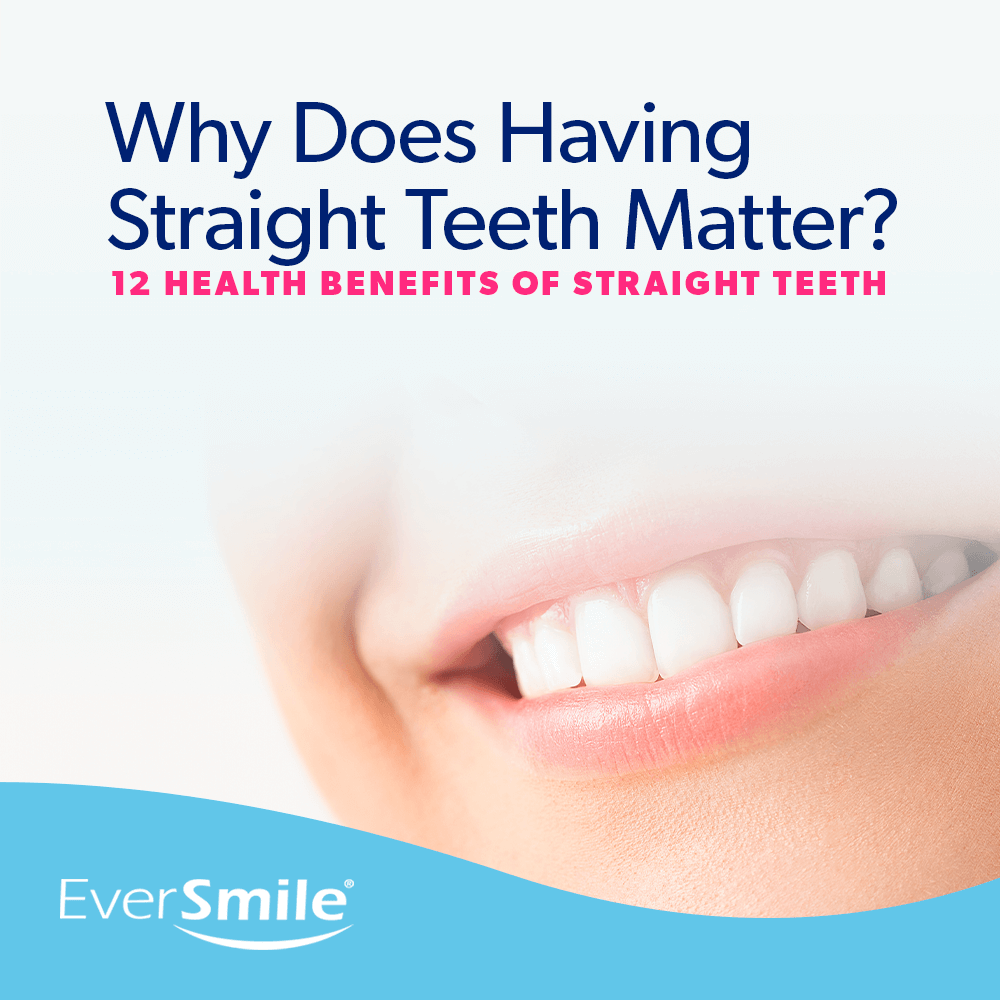
Why Does Having Straight Teeth Matter? 12 Health Benefits of Straight Teeth
If you're one of 81% of adults that think their teeth are unattractive when they see them in photographs, it might feel good to know you're not alone. But it still doesn't change how you feel. Many adults are self-conscious about their smiles because they don't...
Read More -

Top Reasons You Shouldn't Sleep With Dentures
Perhaps it's been a long day, and you're tired. Or, maybe you don't like to be without teeth. What's the harm in leaving your dentures in overnight? There's a reason your dentist recommends removing your dentures for at least five to six hours per day and...
Read More -
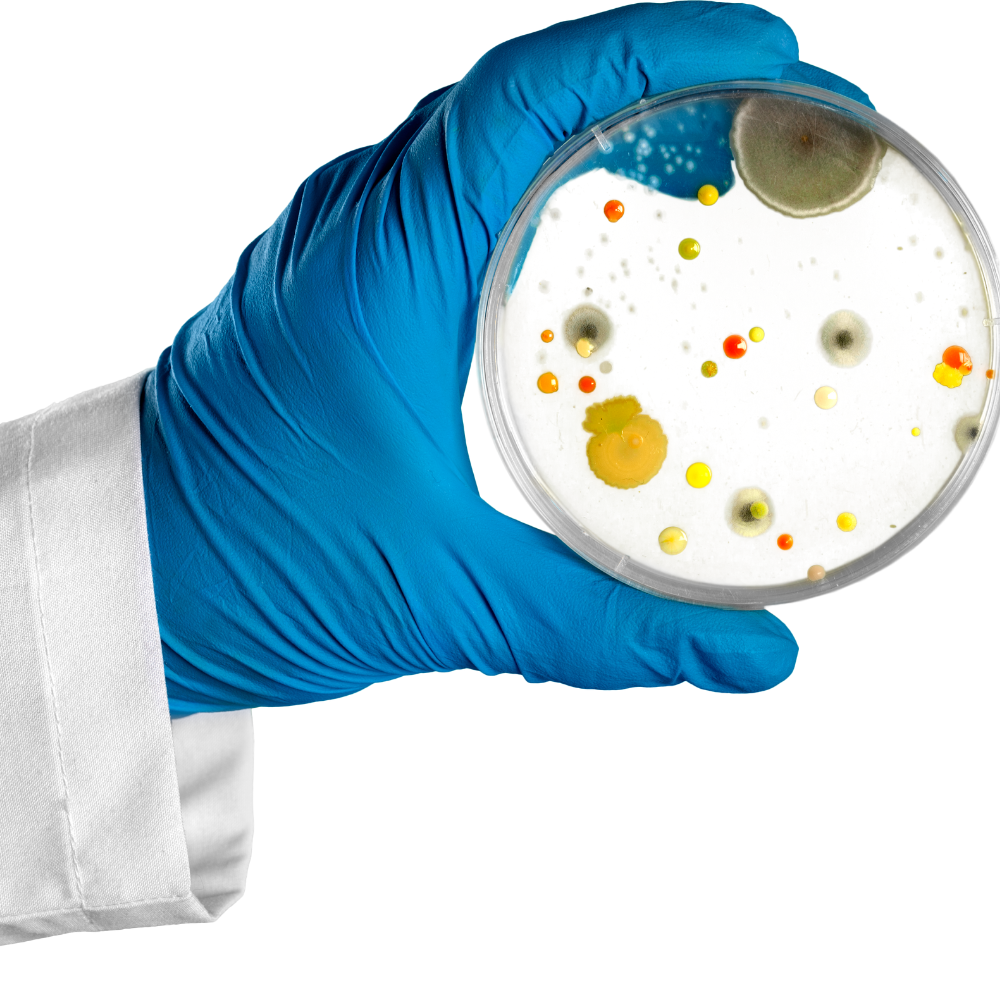
What Bacteria Causes Tooth Decay?
Your teeth have to be tough in order to stand up to the constant use over the course of your lifetime. Fortunately, they're protected by an outer surface called enamel. But even though enamel is one of the hardest materials in your body, it's still...
Read More -
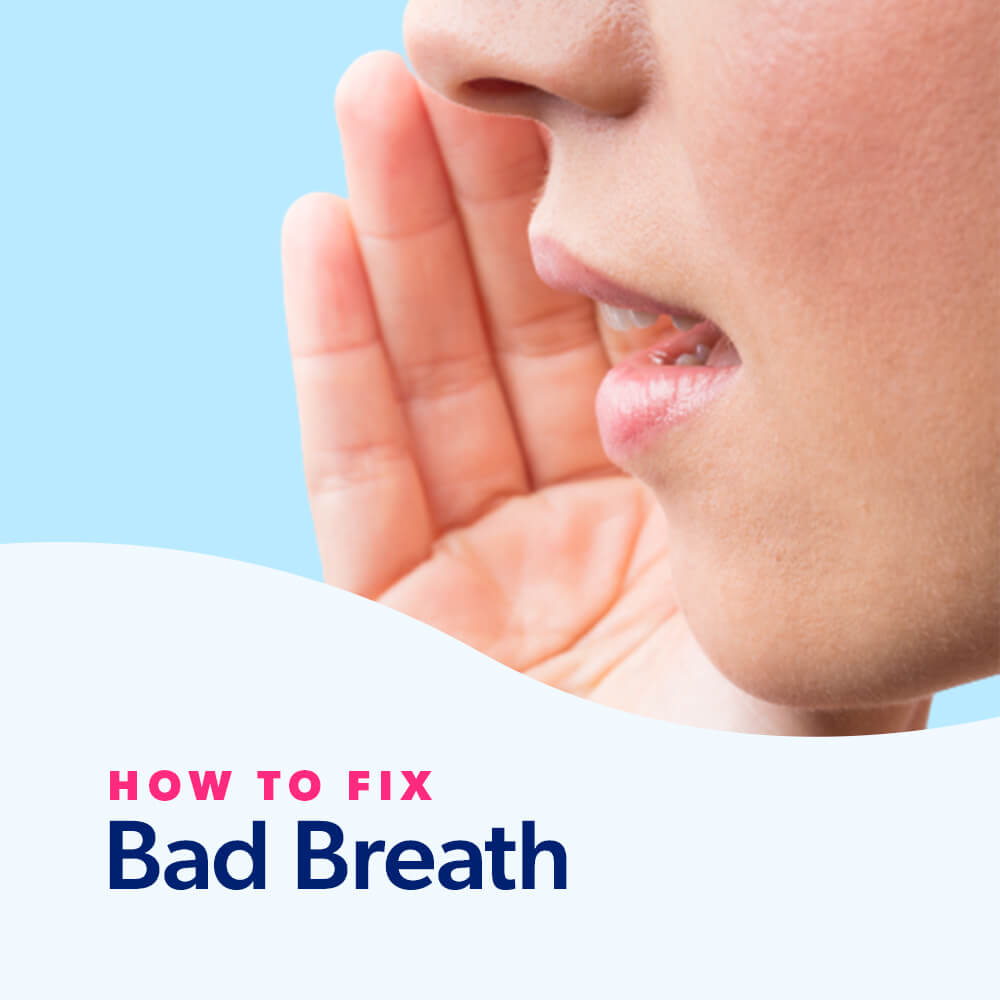
How to Fix Bad Breath
Bad breath is an all-too-common issue that affects almost everyone from time to time. This condition can be temporary or chronic, and it is also referred to as oral malodor or halitosis. Many people experience bad breath in the morning when they first wake up,...
Read More -
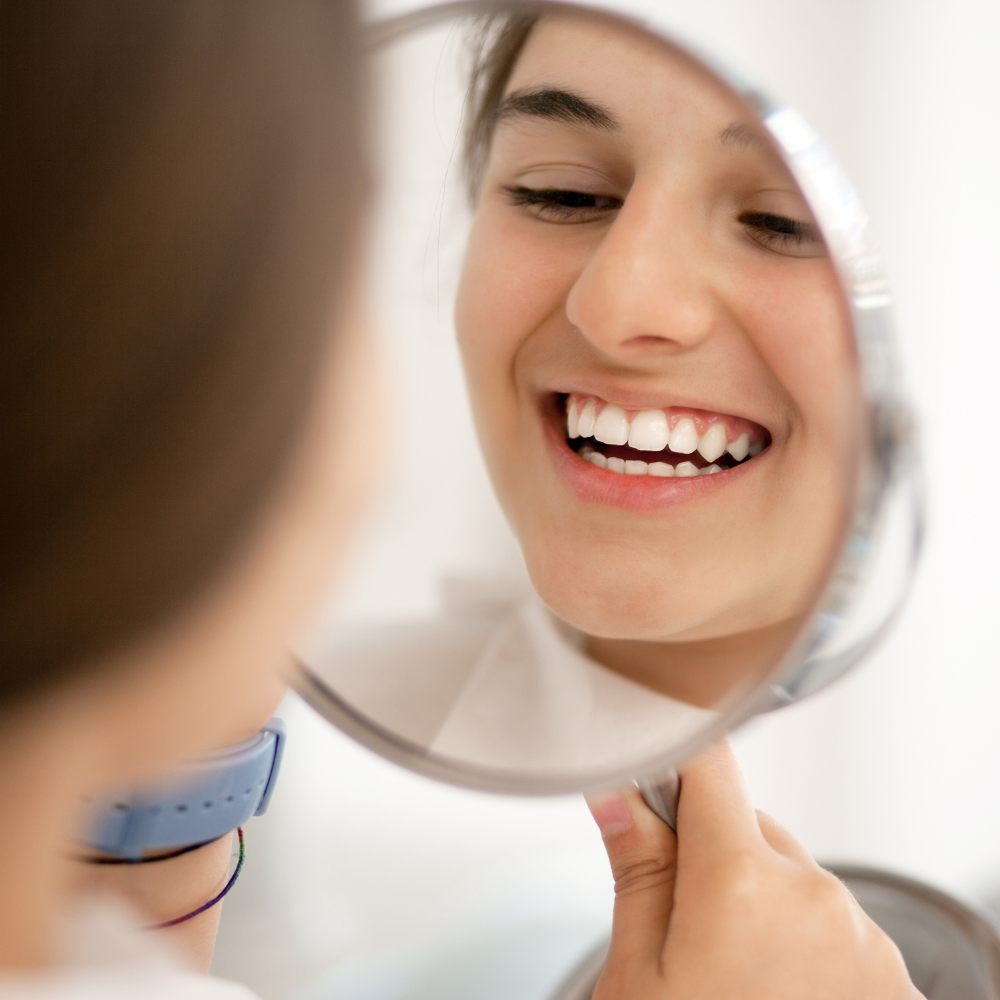
What Your Teeth Say About Your Ancestry
The shape, configuration and landscape of each person's teeth are unique to them. Your teeth are shaped by your genetics and then altered and worn by the food you eat and how you live your life. Your dentist can tell a lot about your personal...
Read More -
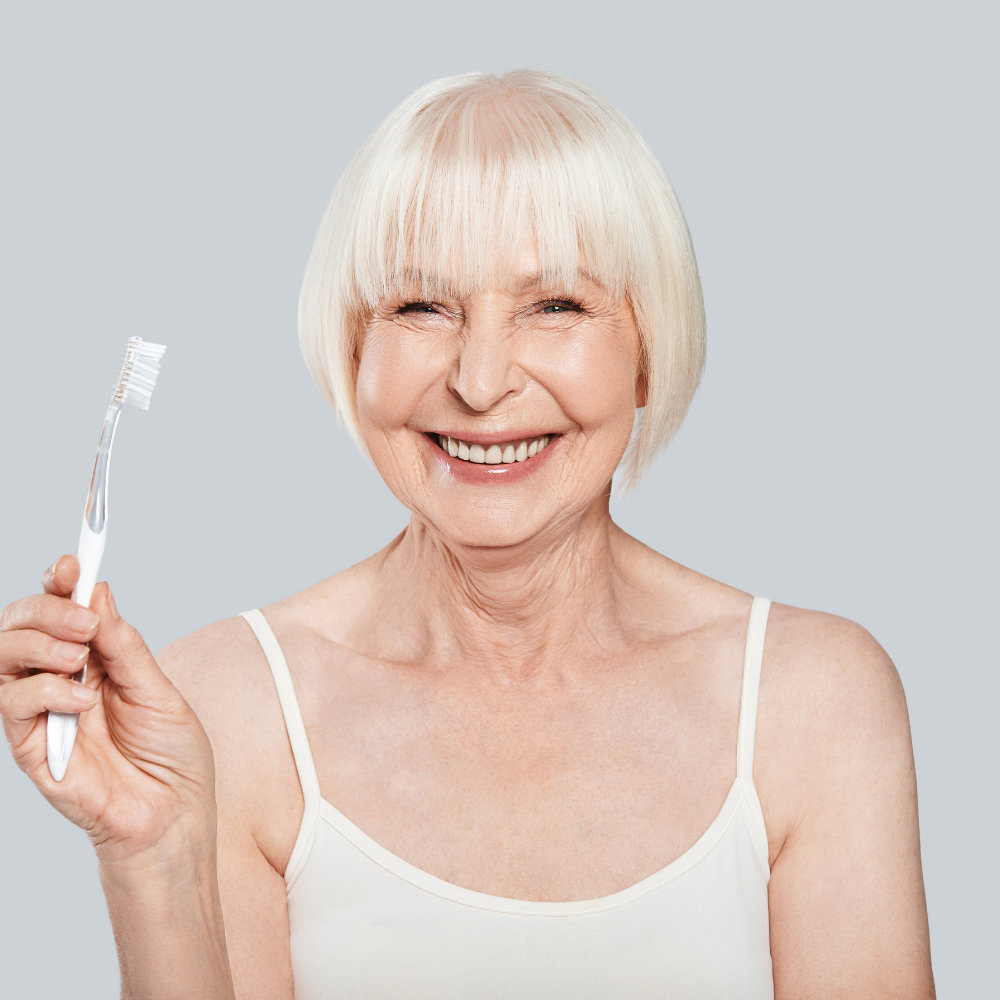
6 Interesting Facts to Know About Your Dental Health
Our teeth grow in within the first few months of our lives. From that point on, we use and care for them every day. Even with all that experience, there are still things many of us don't know about our teeth. Dental Health Facts You...
Read More -

How to Fix Bad Breath
Bad breath is an all-too-common issue that affects almost everyone from time to time. This condition can be temporary or chronic, and it is also referred to as oral malodor or halitosis. Many people experience bad breath in the morning when they first wake up,...
Read More -
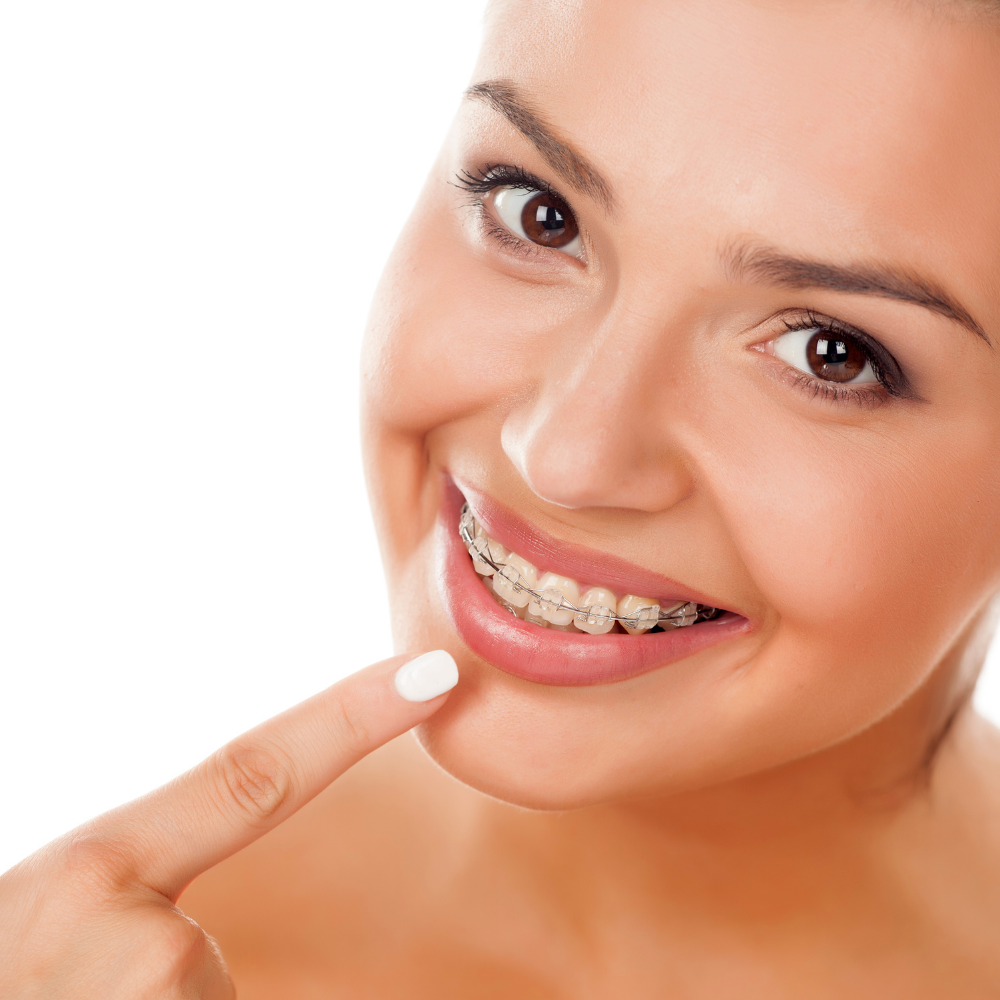
How to Get Rid of Yellow Staining From Braces
The moment your braces come off is a major high point in your life. You've spent a lot of time waiting and working to achieve the straight teeth and radiant smile you've always dreamed of. But sometimes when the braces come off, your smile isn't quite...
Read More -
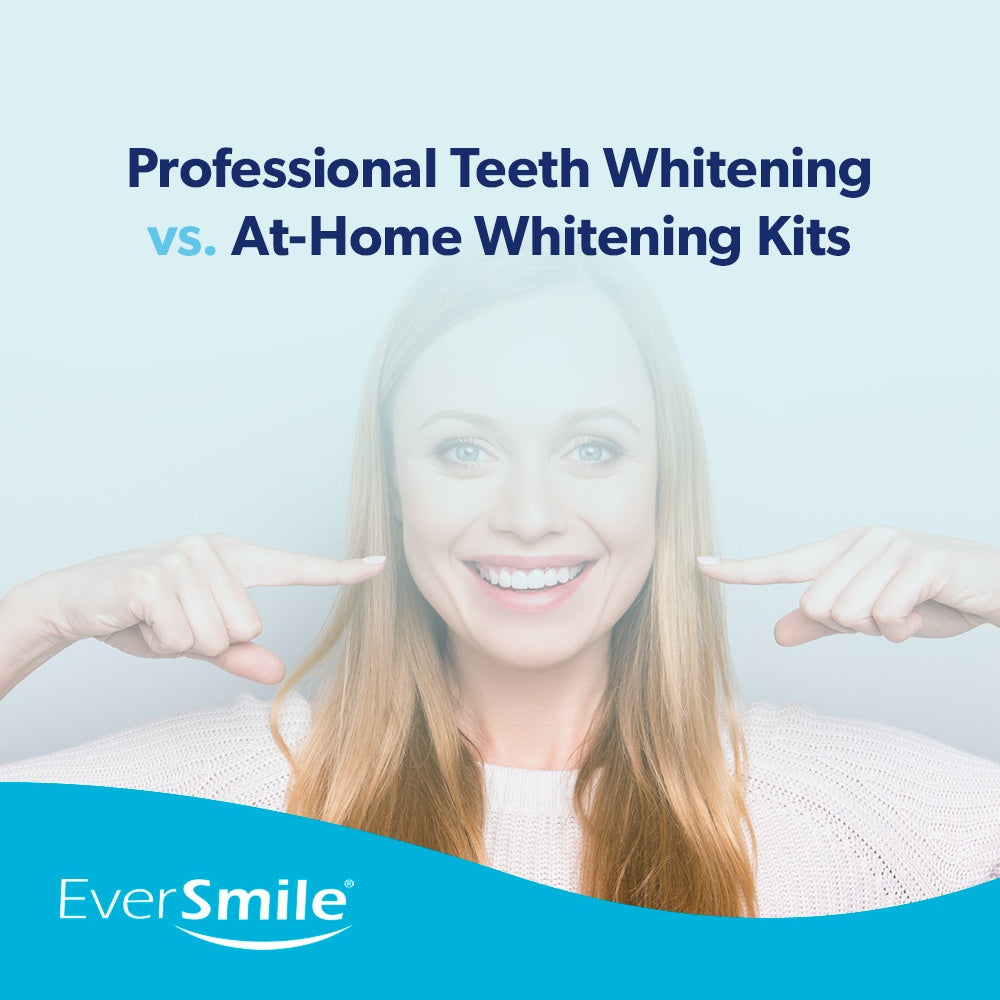
Professional Teeth Whitening vs. At-Home Whitening Kits
If you find yourself looking at your teeth and thinking, "My smile isn't as bright as it used to be," you aren't the only one. Teeth discoloration is a normal process in life. But, luckily, there are things you can do to get whiter teeth....
Read More -

The Facts on Funk: Why Is My Clear Aligner Yellow?
You got clear aligners so that no one would notice them, but your invisible aligners are only invisible if they stay clear. Many things can stain your aligners or lead to your retainer turning yellow. Certain foods, such as dark-colored berries or sugary chocolates can lead...
Read More
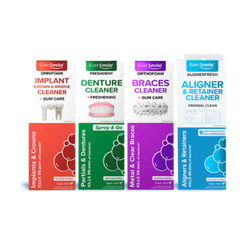
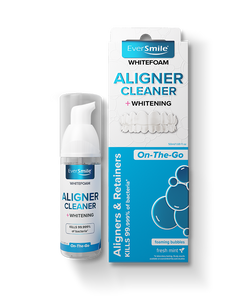
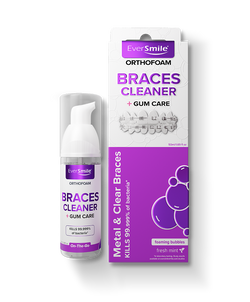
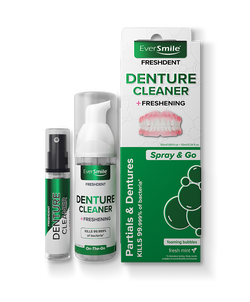
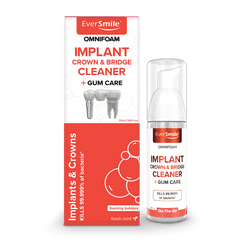
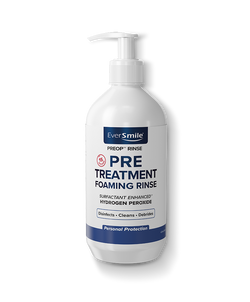













Post a Comment!